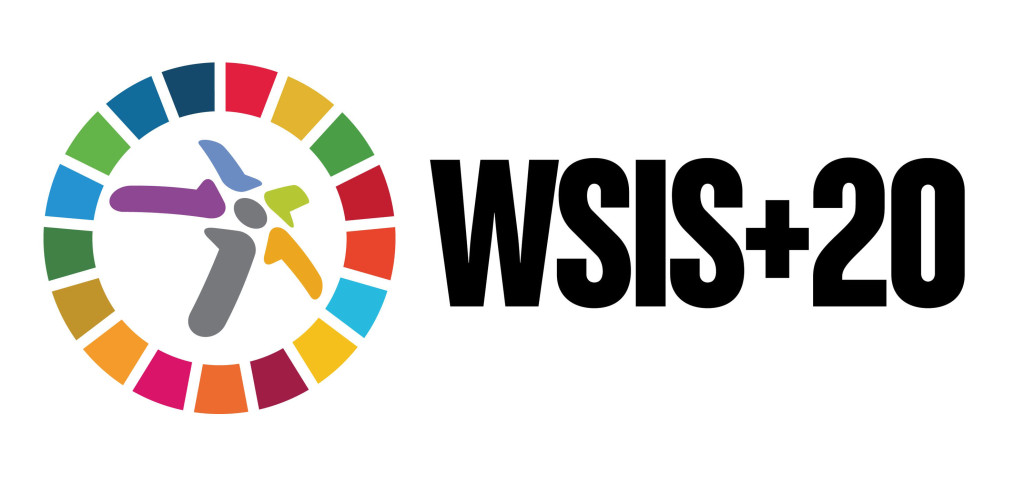Himalayan groups submit inputs to WSIS+20 Zero Draft, vall for inclusive digital policies
Their submission encourages the UN to promote community-led networks, indigenous-language content, and bottom-up participation in governance processes. This, they argue, would make global digital policies more relevant and responsive to people in remote regions.

Three organisations from India’s northeast – the eNorth East Network, the Council for Social and Digital Development (CSDD), and the North East Development Foundation (NEDF) – have submitted feedback on the WSIS+20 Zero Draft, urging the UN to recognise the unique digital challenges of Himalayan, mountain, and indigenous communities.
Their submission highlights that these regions face severe connectivity gaps, unreliable power, and limited access to digital tools and resources. They call for stronger commitments to build resilient infrastructure, promote local innovation, and ensure affordable internet access in remote areas.
The groups also warn about the environmental impact of digitalisation, such as e-waste and high energy use, and propose adopting circular-economy practices like repair and recycling.
They stress the importance of indigenous data sovereignty, urging that communities control how their data is collected and used, and caution against ‘digital colonialism’ in artificial intelligence.
Finally, they call for better representation of mountain and tribal voices in global internet-governance processes and support for community-led networks that reflect local needs.
Their message to the UN is clear: digital progress must reach everyone – including the most remote and fragile regions of the Himalayas.


